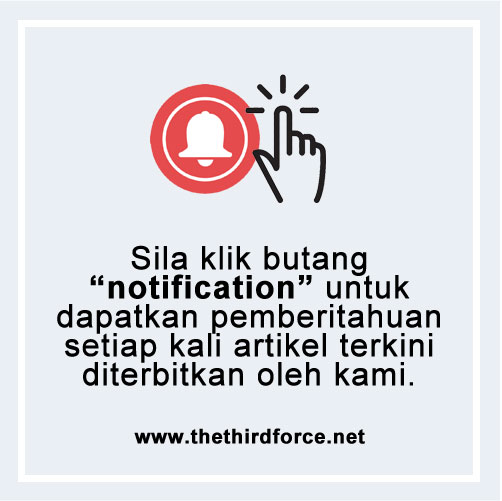
“People don’t need the media, everyone is an expert in whatever they wish because they can just look up the Internet and believe whatever they find”
SINGAPORE: While falsehoods and misinformation have been around since time immemorial, the problem is “much more serious now than ever before” because of online and social media, said Law and Home Affairs Minister K Shanmugam yesterday.
“Today, you have echo chambers. People don’t need the media, everyone is an expert in whatever they wish because they can just look up the Internet and believe whatever they find,” he said during a forum on truth and trust in the media.
As a result, the public’s trust in traditional institutions of authority such as the bar, political leadership, subject experts and religious institutions has been undermined, he added.
People share pieces of information that support their underlying beliefs, said Shanmugam.
He noted how falsehoods were shared widely online during the American presidential election last November and the Brexit referendum in the United Kingdom earlier last year to “fuel xenophobia and anti-immigrant sentiments”.
“People talk among themselves with people of like-minded views and reinforce their biases,” he said, adding that the raft of social-media platforms allows misinformation to be amplified many times over.
Perpetrators of fake news today can hide behind anonymity or fake identities, making it difficult to tackle.
Quoting a deputy editor of The Economist, Shanmugam said: “Conventional newspapers no longer keep fake news in check, because they are operating in a different environment … This is the ‘post-truth’ world, where flimsy, ludicrous misinformation — absolute rubbish — can be believed by millions of people.”
Such outright lies can de-legitimise leaders, divide society and endanger lives, he said, citing the rumour that former presidential candidate Hillary Clinton and fellow leaders from the United States Democratic Party were operating a paedophile ring out of a pizza restaurant in Washington DC.
The accusation was “pure conspiracy-mongering” but had fed off people’s fears and biases, which resulted in someone opening fire at the restaurant and its staff receiving serious threats.
Closer to home, online rumours have fanned anti-Chinese sentiments. For instance, one claimed that China was using “biological weapons” to target Indonesia’s agricultural sectors, while another alleged that a free HPV (human papilloma virus) vaccine programme was part of a Chinese conspiracy to make Indonesian women infertile, he recalled.
Misinformation is an “easy and effective way” to advance a wide range of agendas, said Shanmugam.
It has been wielded by some countries as a “legitimate tactic” against others, he said, citing Russia, where a Soviet-sponsored newspaper had claimed in the 1980s that the US created the Aids virus as a weapon.
Fake news is also used to spread hate and often to provoke divisions between Muslims and non-Muslims. Hate breeds terrorism, and extremists have, in turn, used misinformation to spread hate for their own ends, Shanmugam said.
The desire for profit is another agenda that drives misinformation, he said, noting how former owners of the now-defunct sociopolitical blog The Real Singapore had raked in more than S$500,000 (RM1,541,645) in advertising earnings by fabricating articles that went viral online.
As long as these agendas exist, misinformation will be a problem that prevails, Shanmugam.
Source: The Malay Mail Online



